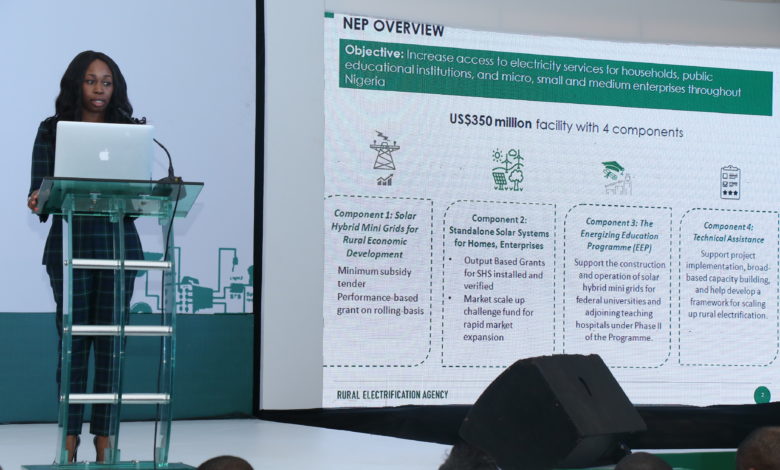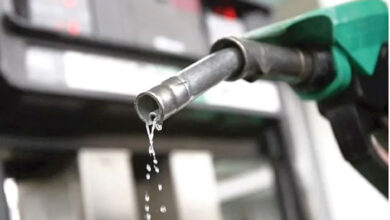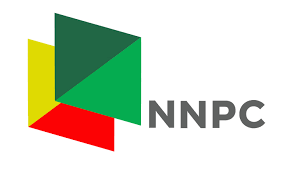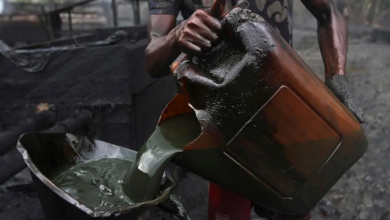Energy Transition: FG Secures $8.2bn Financing from Partners

As the implementation of Nigeria’s $410 billion Energy Transition Plan takes off, the federal government has disclosed that a funding commitment of about $8.2 billion had already been secured out of the $10 billion required annually to execute projects tailored towards decarbonization.
The Co-head, Energy Transition Office and Principal Specialist, Energy, and Climate, Lolade Abiola, revealed this in Lagos, at the Women in Energy Dialogue, a session focused on galvanizing female energy professionals and players to contribute their quota to the realization of the Nigerian energy transition agenda.
Nigeria’s Energy Transition Plan is a bold and ambitious national policy designed to tackle the dual crises of energy poverty and climate change in the country and to attain net-zero carbon status by 2060.
The government has identified an initial $23 billion investment opportunity across a portfolio of projects, with $17 billion estimated as the funding required through the private sector on projects cutting across power generation, transmission, and distribution; metering, gas commercialization, clean cooking, e-mobility, and healthcare.
According to thisdaylive.com, experts have opined that to deliver a net-zero target by 2060, Nigeria requires about $410 billion above business-as-usual spending between 2021 – 2060.
According to the breakdown of the projected $410 billion 30-year spending, $150 billion would go to ramping up power generation capacity, $135 billion on transmission and distribution infrastructure, $79 billion on cooking, $21 billion on the industry, $12 billion on transport, and $12 billion on oil and gas decarbonization.
But in a presentation she delivered at the forum, Abiola said some of the financial commitments were made by both local and international partners including the World Bank, the US Exim Bank and Sun Africa, an American solar firm.
She said Infracredit, the Nigerian Sovereign Investment Authority (NSIA) among other funding partners had committed financially to the plan, adding that their commitments were based on projects in key areas.
Abiola explained, “So what have we done so far? Again, we’re not just talking about these big numbers that are not doing anything. The ETO’s mandate really is resource mobilization. How can we attract the financing required to implement Nigeria’s Energy Transition Plan?
“And so far, we’ve been able to facilitate approximately 8.2 billion US dollars in financing commitments, and we hope to close that out by the end of this year, and this really has been within the power sector, working with World Bank on diesel displacements in Lagos State, for example.
“Some of the financial commitments are based on projects. For example, I’ll just jump straight to the Sun Africa Framework Agreement. This is a large on-grid utility scale project between the Niger Delta Power Holding Company and the US Exim Bank, working with American companies to be able to deploy solar solutions within Nigeria which the NDPHC is really pushing out. And so, that is the US Exim Bank deal with the federal government of Nigeria and the United States.
“Then, we moved to the World Bank-Nigeria Electrification Project from World Bank. They’re committed. They’ve already made the first tranche commitment of $500 million that has been completely exhausted. And now, we’re looking to bring in an additional $750 million, and that is also dependent on the diesel displacement programme.”
She maintained that the World Bank-funded programme focuses on how to quantify the number of diesel generators that exist in Lagos State, for instance, and what needed to be done to displace them, with the potential to replicate such across the country.
According to her, the NSIA has the money and was committed to fund projects just as Infracredit Nigeria had also committed to fund projects that would help the country to achieve a carbon-free society.
She maintained that the private sector working group would play a strong role in ensuring that projects that are bankable and tick all the right boxes were taken to the funding partners to convince them to support the projects with their funds.
“Because to ensure that when you’re going to the NSIA, you’re going with the right, well-structured business plan, business proposal. So, you will be going through a supporting vetting process of the private sector working group that will enable you to access that money,” Abiola added.
Also speaking, Senior Special Assistant to the President on Planning and Coordination, Lanre Shasore, said the federal government needs to push the right policy buttons and make the right connections with the Western countries, particularly the G7 to support Nigeria’s energy transition plan with their funds.
She said with the plan requiring $10 billion annually to accomplish, Nigeria needs money to implement it, pointing out that funding could be secured through different channels including private sector support, multilateral loans, grants among others.
“So again, it’s about making the right policy connections. Where do we go to do this? It is the Energy Transition Working Group, which is at the highest level of government. Then, it is in a roadshow, where they engage with partners internationally, G7 countries, who you may have heard in the news of working with certain countries like Senegal, South Africa, Indonesia to give them what is referred to as the just energy transition package to support these countries to achieve decarbonisation.





